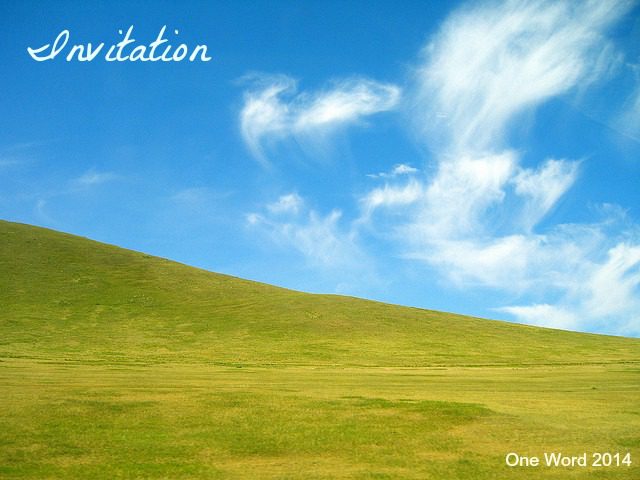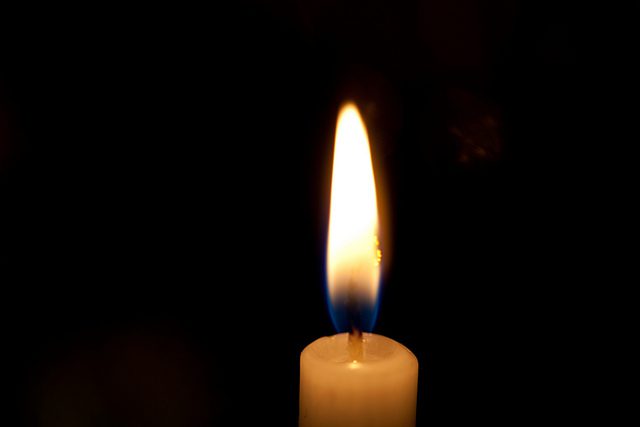I first bonded with Katie Noah Gibson over our similar lives, both West Texas girls who found ourselves on the East coast, navigating the giant cultural gap between the two. I think her words today were just for me. And I think they might be just for you too.
For a lifelong reader, I came late to the work of Madeleine L’Engle.
I didn’t have a taste for fantasy as a child, so I never read A Wrinkle in Time or any of its sequels. For years, I didn’t know that Madeleine had written other books, that in fact her oeuvre ranged from adult fiction to memoir to poetry. But when my friend Teresa sold off a few of her books at the end of one semester in college, I picked up an old paperback copy of Walking on Water, Madeleine’s book of reflections on faith and art. And for nearly two years after that, I could be found with one of her books – The Small Rain, A Circle of Quiet, the entire Time Quintet – in my hand.
I love all Madeleine’s work in different ways, but A Circle of Quiet gave me a phrase that continues to resonate, striking a deep gong in my soul.
She recounts:
A winter ago I had an after-school seminar for high-school students and in one of the early sessions Una, a brilliant fifteen-year-old, a born writer who came to Harlem from Panama five years ago, and only then discovered the conflict between races, asked me, “Mrs. Franklin, do you really and truly believe in God with no doubts at all?”
“Oh, Una, I really and truly believe in God with all kinds of doubts.”
But I base my life on this belief.
That quiet anecdote, slipped in between Madeleine’s musings on ontology (the why of being) and a digression on the punctuation of A Wrinkle in Time, has changed the way I view faith, and the way I view life.
I discovered Madeleine more than a year after my friend Cheryl was killed in a one-car accident, which happened three months after we had both spent a semester in Oxford with thirty-odd other students from our university. Our horizons of faith and experience had been stretched by our time abroad, and coming back to West Texas felt like a regression, a cruel narrowing. But we had reunited for the fall of our junior year, incandescent in our joy at being together again – until a late-night phone call sent us reeling, and caused some of us, including me, to wonder if this faith thing made any sense at all.
I kept going to church, though for long months all I could do there was sink into a seat and cry. I kept praying, journaling, asking God why, even though I knew I’d never get a satisfactory answer to that question. But an anger burned in my chest, fierce and hot and defensive, and when anyone tried to wrap faith into a neat package, present a three-point sermon or share clichés such as “Everything happens for a reason” and “God knows best,” I blew up.
I couldn’t – and I still cannot – abide the idea that this was intended by God, that there was anything right or good about Cheryl’s parents losing their daughter and all of us losing our friend. Seven months after Cheryl’s death, when another one-car accident left my six-year-old cousin dead and her mother seriously injured, I railed against God even more fiercely. In my quieter moments, I wondered bleakly if I would have to choose between accepting these deaths as a part of “God’s plan” (whatever that entailed) or walking away from belief altogether. Were those my only choices: unquestioning, slavish trust or cold, lonely atheism? I didn’t want to walk away from the faith of my childhood, but I didn’t see how it could stand up to these tragedies.
By the time I read A Circle of Quiet, my soul had quieted somewhat: a year’s distance had helped mitigate the pain. I had joined a new Bible class where questions and frustration were not only acceptable but encouraged, and become part of a Sunday night small group where uncertainties about God lived alongside deep love for him and for one another. I had begun listening to people I knew who admitted to having doubts about God, among them our minister, Mike, who liked to say that faith, in its messiness and beauty, is more of an art than a science.
Madeleine’s phrase captures perfectly for me the contradictions inherent in a life of faith. I really and truly – still – believe in God, long after the personal griefs and the larger disasters of that year and the years since then. I believe, as Madeleine says a few pages later, because that’s the only way I can live. The second part of the sentence is just as vital as the first: with all kinds of doubts. I still have, and I expect I will always have, so many questions.
But like Madeleine, and like so many others before me, I base my life on this belief. I am learning to accept the messy parts of faith, the doubts and questions that don’t fit neatly into any sermon or creed. I have come to believe, too, in a faith bigger and wilder than I once imagined, a landscape that encompasses many climates and elevations. There is room here for those who believe and those who doubt, and those of us who juggle both at the same time.
“I really and truly believe in God with all kinds of doubts,” Madeleine told Una. And from a distance of forty years and several hundred miles, I say: Me, too, Madeleine. Me, too.
Katie Noah Gibson is a writer, editor, knitter, and compulsive tea-drinker based in Boston. Born in Texas, she’s a lifelong Anglophile but loves to travel just about anywhere. She blogs at Cakes, Tea and Dreams and tweets regularly.










